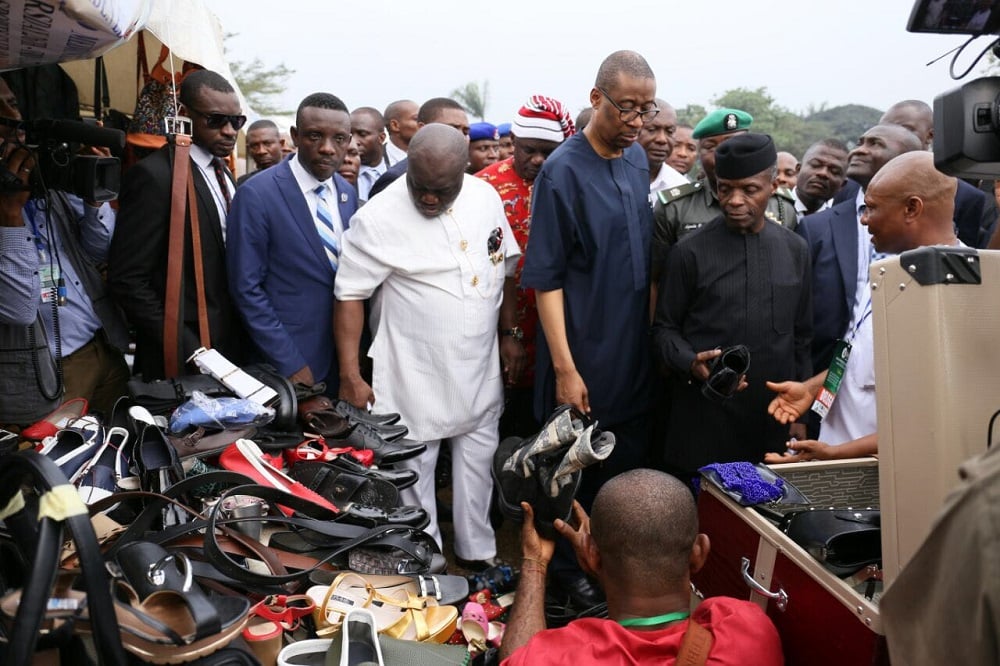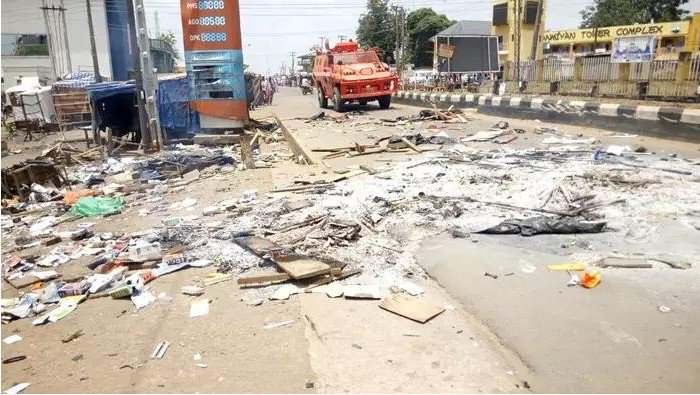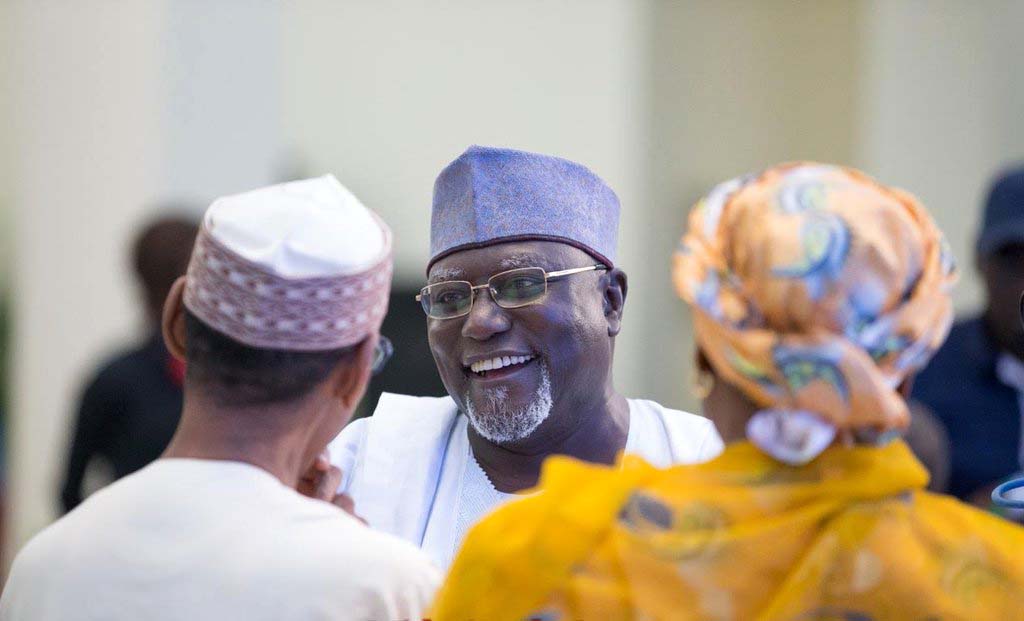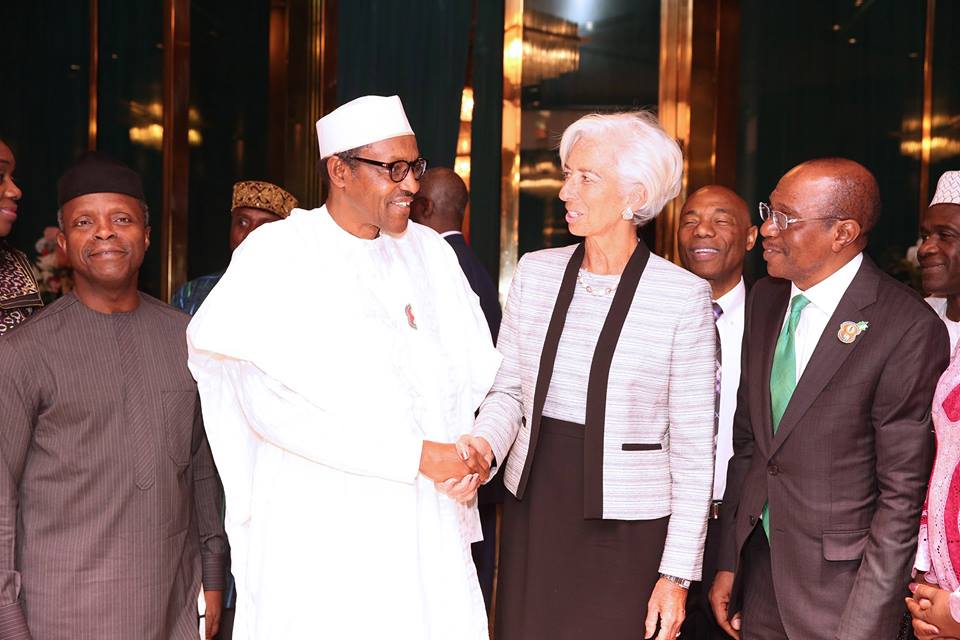Nigeria’s economy is in dire strain. There is an increase in the number of suicide and attempted suicide in the country in recent weeks. The gap between the rich and the poor has stretched out a once growing middle class.
Developed countries grow their middle class and improve on their economic indices by putting adequate infrastructure to aid the growth of Small and Medium Enterprises. After much pressure, as the President Muhammadu Buhari government presents its economic recovery plan, it is important to emphasize this point.
Nigeria through the Economic Recovery and Growth Plan, ERGP, reportedly described by the country manager for International Finance Corporation, Mrs. Eme Essien-Lore as “comprehensive, ambitious and thoughtful”, seeks to raise about $30 billion from international development and finance institutions.
Tracking the current administration’s priority sectors, one can correctly deduce that a good percentage of this loan will go into financing the agricultural sector. Not a bad decision considering that more than 400,000 farmers were said to have become millionaires during last year’s farming season, according to Nigeria’s Minister of Agriculture and Rural Development, Audu Ogbeh.
Advertisement
Nonetheless this achievement can be replicated in other sectors of the economy and more millionaires created. States like Abia with its high percentage of SMEs can be given better prioritizing. While Abuja is Nigeria’s political capital and Lagos its economic capital, Abia is undoubtedly the SME capital.
The number of SMEs in the state’s garment and leather industry has encouraged the exportation of retail fashion to other West African countries. The state governor, Okezie Ikpeazu through the Made in Aba campaign, while assuming the unofficial role of a Chief Promoter, continues to draw the attention of the Nigerian government to the huge benefit in patronizing local artisans.
Governor Ikpeazu’s efforts to ensure that the state gets the needed attention it deserves from the federal government saw Nigeria’s vice-president, Prof. Yemi Osinbajo visit the state in January to flag-off the federal government initiated Micro Small and Medium Scale Enterprise, MSME Clinic.
Advertisement
Also, the Nigerian Army ordered an initial 50,000 pairs of shoes from local manufacturers in Aba to be worn by its officers and soldiers, a decision welcomed by the leader of the Nigerian senate Bukola Saraki, whom have urged other military and para-military forces to patronize Made in Nigeria goods.
While top government officials have keyed into the Made in Nigeria campaign and the federal government aims to review the Act establishing Nigeria’s Bureau of Public Procurement, Abia is the only state that before all these show of interest, already had its own version of the campaign, the Made in Aba.
If the federal government intends to succeed in its review of the procurement Act to ensure the patronage of Made in Nigeria goods by government agencies, better focus need to be given to Nigerian SMEs. One key challenge for SMEs in Abia, which is similar to those in other states of Nigeria, is power.
Cost of production appears to be on the high side. To address this and aid the production process for SMEs, the Abia state government has made effort to light up the state through the biometric power plant in Aba. If Nigeria’s power generation attains 10gigawatts by 2020 as set out in the ERGP, such an achievement would in no doubt be a plus to Nigerian SMEs.
Advertisement
In all these effort to better prioritize SMEs in the country, Nigeria will benefit from increased tax revenue. The recent announcement by the Federal Inland Revenue Service, FIRS, of an additional 840,000 new corporate entities brought under its official tax coverage can be boosted with the development of SMEs.
Abia with an increased monthly Internal Generated Revenue, IGR of over N1 billion serves as a template for Nigeria in generating more IGR through the FIRS. More SMEs mean more tax revenues for government. But, before the taxing, concerted effort to improve the lot of SMEs must be established.
A robust focus on Abia SMEs and SMEs as a whole in Nigeria is how the federal government can relieve the burden of the economic recession brought upon the masses by the drop in global oil price, and also make up for its failure to formulate the ERGP in the early months of the Buhari administration.
Maduekwe is editor at Discussing Africa. Follow him on Twitter @Ojo_Maduekwe
Advertisement
Views expressed by contributors are strictly personal and not of TheCable.
Add a comment







